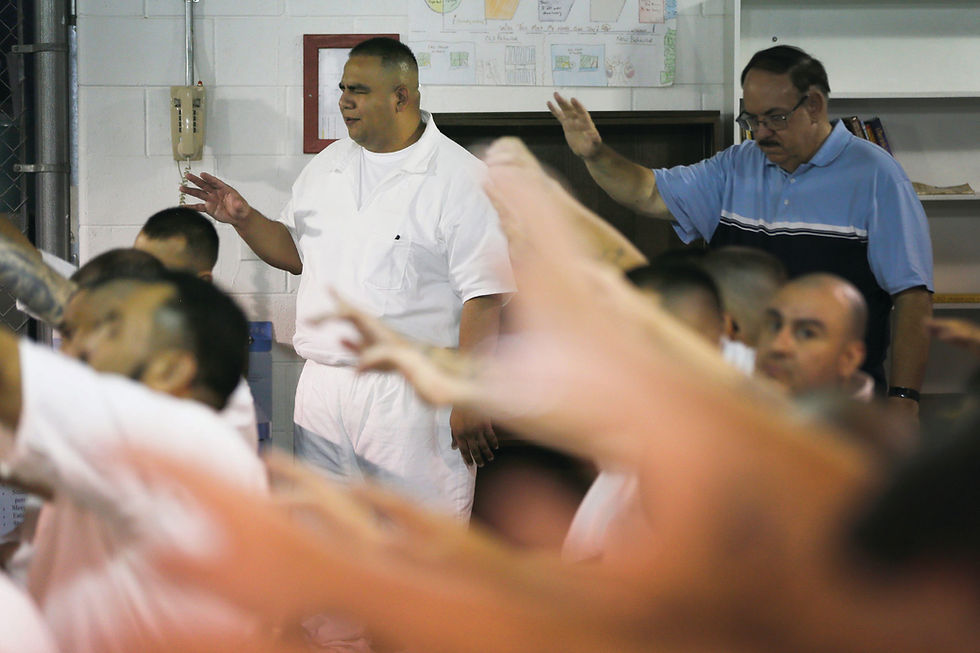H.P. Lovecraft: How H.P. Lovecraft Caused an Atheist to Stop Worrying and Learn to Love Cthulhu
- janesemaricelli
- Nov 1, 2019
- 3 min read
Updated: Oct 6, 2022

When H.P. Lovecraft was 5 years old, after losing his father to mental illness, it was revealed to him that Santa Claus was not real. A young Lovecraft must have been slightly broken, because he angrily responded, "How is God not equally a myth?" Over his life, he would pen great monsters and present horrid visions on the world in an effort to keep finding or creating order when he saw only lies and greater fictions than his characters Azathoth or Cthulhu. He was a man who never found faith in anything, who created a writing style to be known as 'cosmicism', something even more dreadful than nihilism or apatheism. He brought what we know as "horror" into this world; he asked the question that God might be something not to be worshipped or ignored, but simply left alone.
Lovecraft was a man tormented by mental illness, who through friends and family, barely managed to survive to 1937 when cancer overtook him, dying in as much pain as that in which he had lived. Instead of seeing God, he only would see the shadows. H.P. Lovecraft had very little faith in the human soul, if it existed at all in his view, to the point that his creatures were aliens who used 5th dimensional geometry to achieve ends that seem magical or at least occult driven. This is reflected in his work, as there is a disturbing lack of 'heroes', only witnesses and survivors. It's a bleak world view and it's no wonder that all modern horror, science fiction, conspiracy theory and the UFO phenomenon could be linked to an appreciation of his work. The closest thing that made humans divine to Gods of his Mythos was that humans could die. We existed in time while his monsters that were trapped did not, instead existing in a 'living death' as old physics slowly unwrapped around their hulking ghastly immoral forms of flesh, chitin, foul fluids and soul-voids. The thing we fear, the basis for faith, our fear of 'what's next' haunted the subconscious of the failed mystic-turned-pulp writer Lovecraft and could be the very center of horror writing in general, a genre he is more or less given credit for inventing.
Lovecraft suffered when alone, as did his monsters, but it was his friends, family and colleagues that believed in him, believed in the Mythos while he didn't. Trapped by his own privilege and assumptions, H.P. might have appreciated the gestures but they never seemed to have a long-lasting effect in making him happy. Even the monsters waiting in the void are waiting for someone to believe in them again; even their deepest darkest motivation is to be loved, understood and not be alone anymore. HP Lovecraft created his monsters to not be alone, as God may have created Creation to move away from the void.
Maybe Lovecraft's gift was exposing the motivation of the divine, showing a chink in their omnipresent awareness and existence: It'd mean nothing without us and, just maybe, they don't want to be alone either. Spirituality is a symbiotic relationship with geometry and the universe as a whole that affects us without our active perceptions or us being fully aware of the results. But accepting it, not understanding it, is as important to the soul as hydration and respiration is to the body. As an atheist, I found spirituality by accepting that a portion of our world borders constantly into an unknown angle that the eye cannot follow, the mind can't chart and the rational eventually falls apart.
Because in the dark of the night, in the void of dreams, sharks and beasts and other broken tulpas haunt the Astral looking to feed on happy memories while we sleep, places open to us untouched by even gods themselves. By not believing in them, we leave ourselves open to them. Not believing is akin to anger in that it takes more energy to fight than accept, leaving us hollow when it’s our time to reach another plane. By making a concerted effort to believe in something beyond, we take the pressure off being physical while gaining a deeper understanding and appreciation of what makes us spiritual.

.png)




Comments